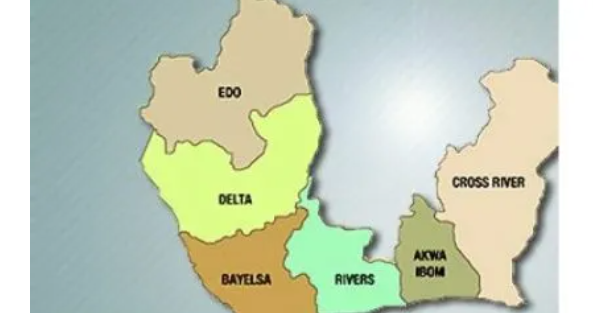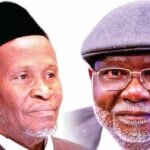
It particularly flayed attacks on oil and gas, telecommunications, power, and transportation sectors which they said have compounded the threat to the nation’s security.
The Chief of Strategic Planning and Innovations, Ashcraft Centre for Social Science Research, Dr. Chiakor Alfred, said this during a media briefing in Port Harcourt on Monday.
Alfred said as part of measures to discourage such wicked practices, the group has unveiled plans to hold a south-south zonal summit in Port Harcourt, Rivers State capital from July 25th to 27th.
He said the summit would domesticate stakeholders’ statutory responsibility in protecting Nigeria’s critical infrastructure and assets in the South-South.
Alfred further said the summit was a Private/Public Sector Partnership that aims to ensure the security of Nigeria’s critical national assets,
He explained that the summit was in line with the Risk Management Framework of the National Protection Policy and Strategy 2022 (CNAINPPS 2022), Petroleum Industry Act, 2021; the National Security Strategy Framework; and the Critical National Infrastructure Bill, 2021 currently under consideration at the National Assembly.
He added, “The last two decades have demonstrated clearly that the nature of threats to Nigeria’s security have changed significantly.
“Structural challenges, such as the systematic vandalisation, degradation and destruction of Nigeria’s critical national infrastructures, monuments and business assets; terrorism, insurgency, cyber-crimes, banditry, kidnapping, piracy, oil bunkering, drug trafficking and other forms of organised crime, have created an entirely new security environment.
“Nigeria now faces more security threats that have different characteristics from classic military conflict between states.
“The gross expansion of the contours that define security boundaries makes it imperative to recognize the eco-systemic dimensions of the threats that stare at us daily and in every form.
“The South-South Zonal Stakeholders Summit aims to intensify advocacy for Stakeholders Statutory Responsibilities.
“It shall also engender the re-engineering of appropriate legislations; and the strategic roadmap for harnessing expert knowledge and country wide technical support for deterrence, codified response strategy and recovery architecture to Nigeria’s critical assets,” he stated.
Continuing, he said, “Equally important is the desire to seek renewed commitment to the challenges impacting the integrity of critical infrastructures and assets in the Region, especially the vandalisation and destruction of its complex ecosystem of separate yet interconnected infrastructures in the Oil and Gas; Telecommunications, Transportation and Power Sectors.”
Alfred said diverse Stakeholders would be mobilized to the summit to discuss the challenges impacting the integrity, operations and security of these critical infrastructures and Assets and also seek possible solutions and suggestions.
The stakeholders, according to Ashcraft, include National and State Legislatures; the Armed Forces, Statutory Regulators in the diverse Sectors of Nigeria’s productive economy.
Others are investors/business owners; asset operators, professional and civil society, the traditional institution, and socio-cultural and pressure groups, among others.





